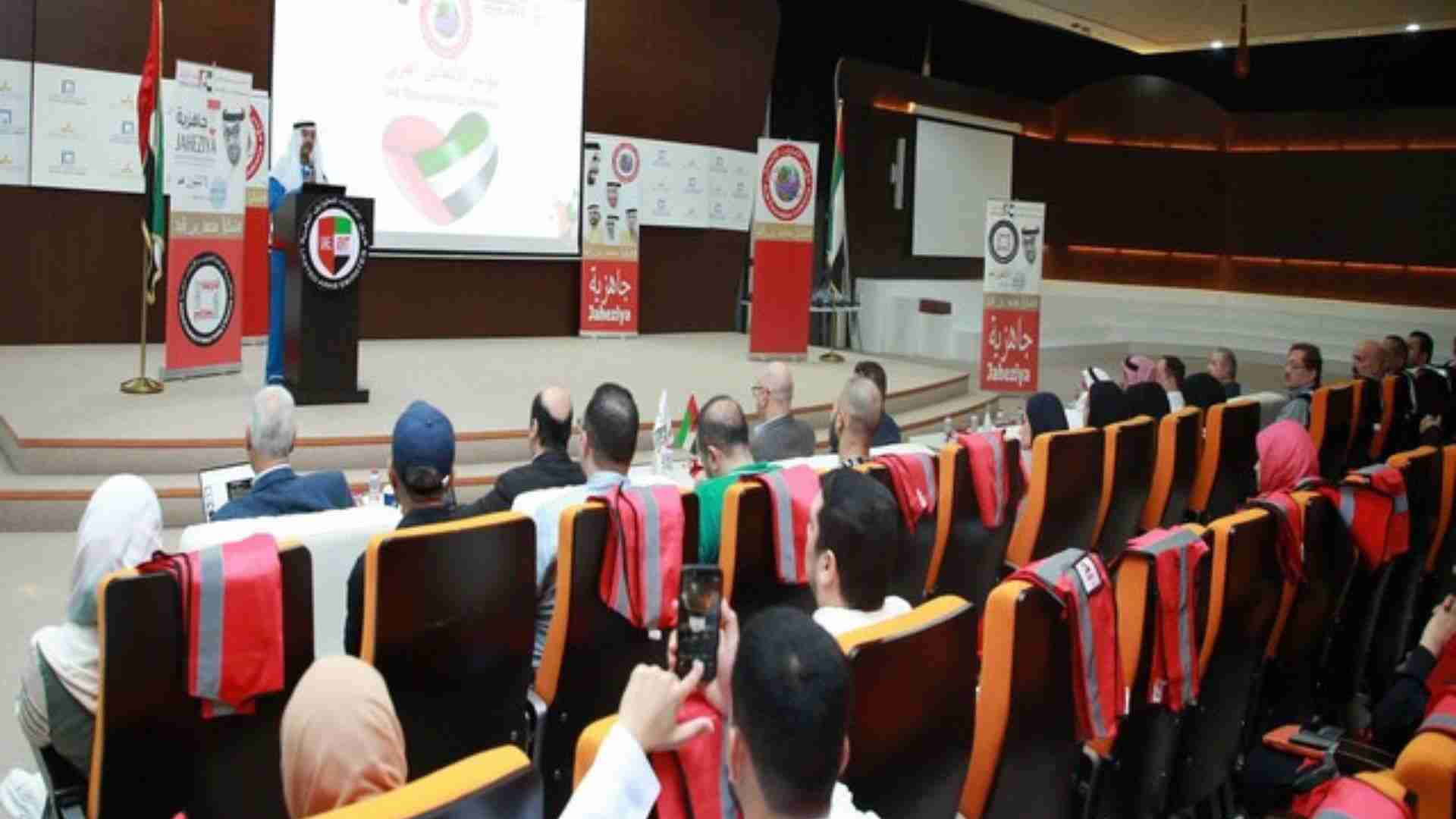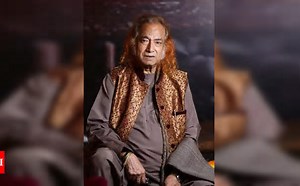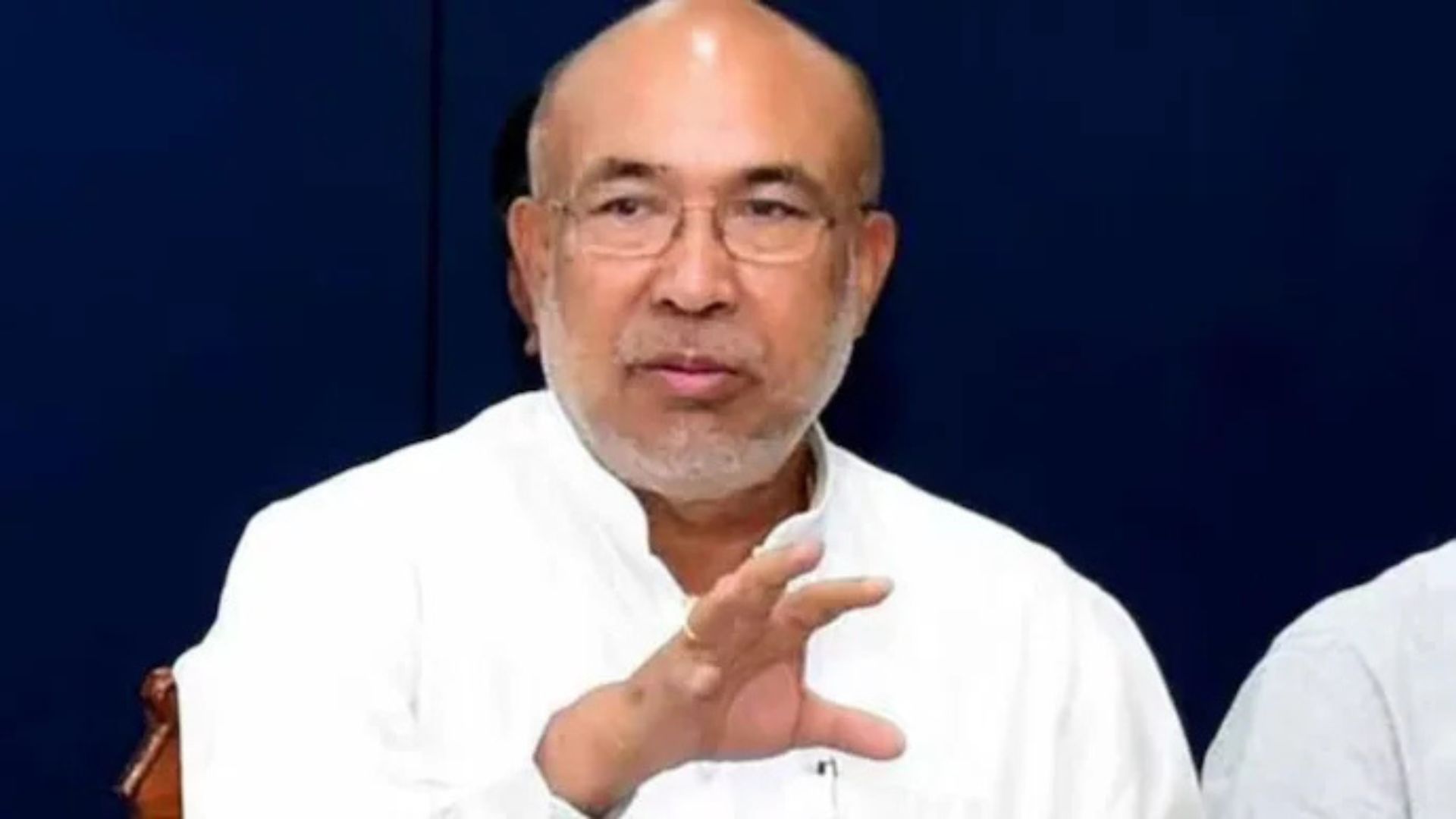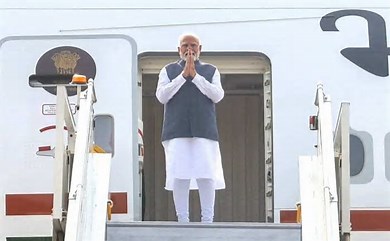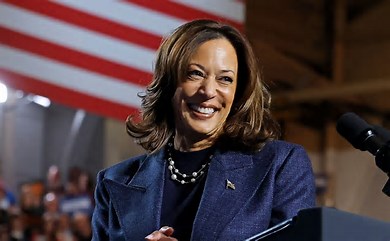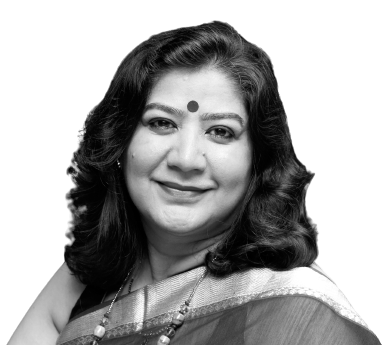
Rahul Gandhi managed to disrupt parliamentary proceedings two days in a row. His famous speech in Cambridge where he spoke about “democracy under threat” in India has been the subject of a lot of discussion. Fresh from his hugely popular Bharat Jodo Yatra, he went to speak at his alma mater earlier this month. He was invited by the University of Cambridge to speak at the Judge Business School on “Learning to Listen in the 21st Century”.
It is a different story that he used the international platform to seek the world’s help in “saving” the Indian democracy, which, according to him, is under threat. Everyone listened to what he had to say. And now, Rahul Gandhi is facing brickbats as everyone who “listened” has an opinion to offer.
The ability to listen is indeed a quality worth imbibing. In fact, Rahul Gandhi himself might benefit immensely from learning to listen. When he went off-topic and spoke to the audience comprising largely MBA students and raised alarm about the state of democracy in India, who was he really trying to reach out to? Whose help was he seeking? All that he succeeded in doing was provide fodder to his detractors to once again raise the issue of his repeated strategy of internationalizing domestic politics. By trying to seek the world’s censure against a democratically elected government, he has only given yet another stick to his detractors to question his intentions.
But why does this surprise us? It has, in fact, become a norm for him to pick foreign platforms to raise domestic issues. This year, it was to say that democracy is under threat in India, last year, the same Cambridge stage was used to cry about how his country was being “chewed up and eaten” by the Deep State. The backdrop for that speech at Cambridge’s Corpus Christie was the investigations by the Enforcement Directorate in the National Herald case.
We should expect more such from him–these attempts to internationalise domestic politics–as an indication of the lack of political maturity not just from him, but also his advisors. When he spoke at Cambridge, he was fresh from his Bharat Jodo Yatra, something he could never have been able to accomplish had India’s democracy not been robust. Can you imagine Aung San Suu Kyi leading a similar march across Myanmar? If Rahul Gandhi’s fears have any basis of fact behind them, we would never have seen his 3,500 km yatra across 12 states over 150 days. He would have been held back on Day 1 itself, let alone complete the journey and even march through Kashmir.
He further used the Cambridge stage to justify China’s authoritarianism. His argument was that the Chinese disregard for individual freedoms in favour of societal interest was legitimate. The Chinese have lived through times of extreme chaos and suffered hence they prefer an authoritarian regime. Their human rights and freedoms are subservient to the possibility of another chaotic phase justifying authoritarianism.
Enough has been written and said about Rahul’s actual speech. It also offered ample fodder to ensure disruption of Parliament on 13 and 14 March with members demanding an apology from him. But more than that, it is an indication of a larger issue–the lack of maturity in political discourse.
There was a time when political discourse carried depth, understanding and a genuine belief in the power of political debate. Today, we are seeing mudslinging, slander and immaturity in the name of political debate.
Parliamentary speeches have degenerated into personal attacks. International platforms have become arenas for taking cheap pot-shots. The less said about political debate on television news shows the better. We need to go back to the times when national interest scored over petty political gains. When Indira Gandhi declared war in 1971, she had the weight of the entire opposition supporting her. When the world was looking for chinks in Indian polity, opposition leader Atal Behari Vajpayee ensured that there were none. It was with the unconditional support of all political parties that Indira Gandhi was able to succeed, and the Indian Armed Forces marched victoriously into Dhaka leading to the birth of Bangladesh.
But this support for the Congress when national interest demanded it, did in no way compromise the opposition when they protested the imposition of Emergency a few years later. The same leaders who had praised Indira now led the revolt against her because that is what was in national interest.
The first thing Rahul Gandhi needs to do is “learn to listen”. The theme of his speech was “Learning to Listen in the 21st Century”. Maybe Rahul Gandhi and his party leaders need to listen to the message the voters are sending them at every election. The Congress vote share has been consistently dropping. The most recent debacle was the loss of the three eastern states of Tripura, Nagaland and Meghalaya. The Congress legacy is steadily losing hold.
When Rahul says that the BJP is representing the “vision of a part of India”, he needs to understand the position of his own party first. The votes say that the part of India backing the Congress is a much smaller part from that of the BJP. In fact, it is a rapidly shrinking part of India that shares the Congress’ vision. They really need to listen to the people of India.
Rahul further needs to listen to what his own party members are saying–in words as well in their actions. When traditional Congress loyalists like Jyotiraditya Scindia, Jitin Prasada and R.P. Singh left the party, they were conveying a not-so-subtle message. Sachin Pilot was somehow stopped from leaving, but nothing seems to have been done to rectify the reasons that brought him to the edge.
Rahul Gandhi needs to wake up to the discontent within the party. It is high time the Congress realized it needs to change. Rather than worrying about the death of democracy in India, they would be better off trying to ensure that the democratic process does not die within the Congress. The Congress must shed its sycophantic attachment with the Gandhi surname and find ways of reviving itself before Rahul Gandhi uses another international platform to try and “save democracy” in India.
Soni Sangwan is a columnist and journalist with an interest in analysing events as they unfold from the perspective of the common man who is ultimately affected by them.

